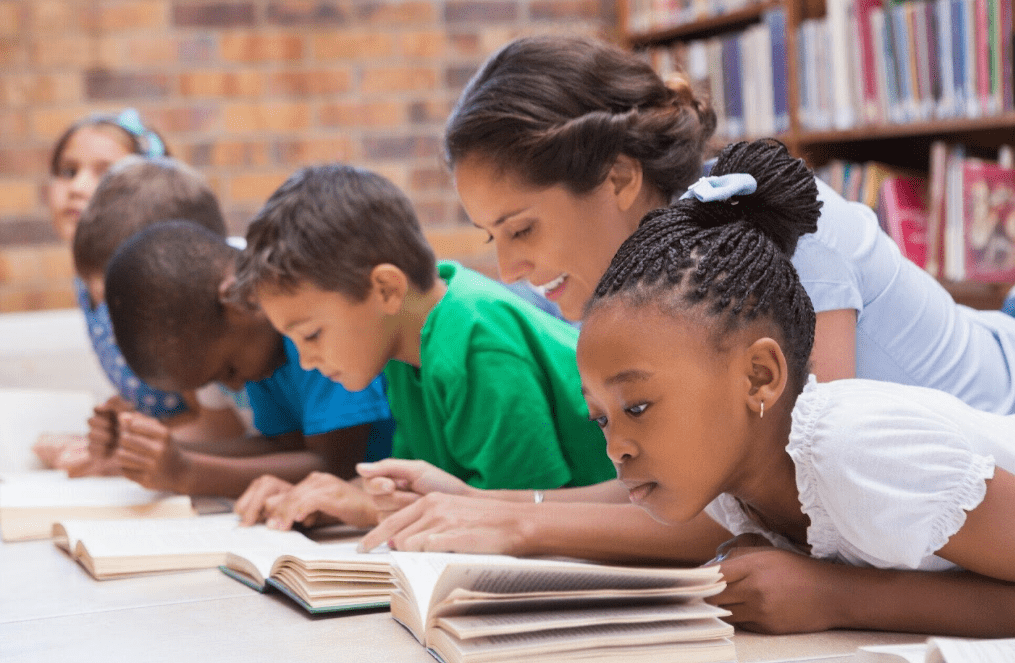
Have you ever noticed how a simple act of kindness can light up a child’s face? Research shows that fostering kindness in early childhood development is essential for nurturing emotional health and building stronger social interactions.
When young children engage in acts of kindness, they not only experience joy but also develop valuable life skills that pave the way for their future. Let’s explore why kindness is crucial for children and how it shapes their development.
Understanding Kindness in Children
Kindness is more than just a moral lesson; it’s a vital part of socialization. Children learn to be kind through various influences, including their family, peers, and educational environments. As they observe and imitate the behaviors of those around them, they form a foundational understanding of empathy and emotional intelligence.
The Importance of Kindness in Early Childhood Development
Fostering kindness early on significantly affects a child’s emotional and social well-being. Here are some reasons that highlight its importance:
Emotional Intelligence
When kids are kind, they start to notice how others feel. They learn to understand things like sadness or happiness in other people. This helps them deal with tricky social situations as they grow up.
Building Empathy
Doing kind things helps kids learn to care about others. They start to imagine how someone else feels. This makes it easier for them to make real and close friendships.
Positive Social Interactions
Kind kids often make more friends. They get along better with classmates, neighbors, and family. These good connections can help them feel happy and less stressed.
Internal Satisfaction
Being kind makes kids feel good inside. They feel proud and happy when they help someone. This helps them believe in themselves and feel more confident.
Science Behind Kindness
Multiple studies support the benefits of kindness. Research indicates that children who engage in altruistic behaviors are often happier and have better mental health outcomes. Engaging in acts of kindness helps release dopamine in the brain, creating a feeling of pleasure and promoting repetitive kind behaviors.
Another fascinating aspect is that witnessing kindness fosters a sense of safety and belonging in a community. For example, a child who observes their parent helping a neighbor is likely to internalize that behavior and replicate it in their interactions with peers. This cycle of kindness creates a ripple effect that can influence entire communities over time.
Encouraging Kindness at Home and School
To promote kindness in early childhood, parents and educators can employ several strategies. Here are a few examples:
- Demonstrate acts of kindness regularly
- Encourage children to talk about their feelings
- Create opportunities for children to assist others
- Acknowledge and praise acts of kindness when they occur
The Lasting Impact of Kindness
The impact of promoting kindness during early childhood can shape a child’s adult life. Not only do kind children grow into kind adults, but they also create a more compassionate society. Fostering kindness in early childhood development leads to a ripple effect, enhancing emotional intelligence and empathy.
Making kindness a priority in our homes and communities is an investment in our children’s and society’s future. Embracing kindness now means brighter, happier lives for our children down the road. Check out this daycare center in Austin, TX for some references.
Join the Kindness Movement!
Investing in a child’s emotional and social development through kindness is a decision that pays off endlessly. Seek out local programs and activities promoting these values, or simply start at home by integrating kindness into daily routines. Your commitment to nurturing a kind-hearted child today can contribute to a better tomorrow for everyone.
For more related topics, visit our blog!



